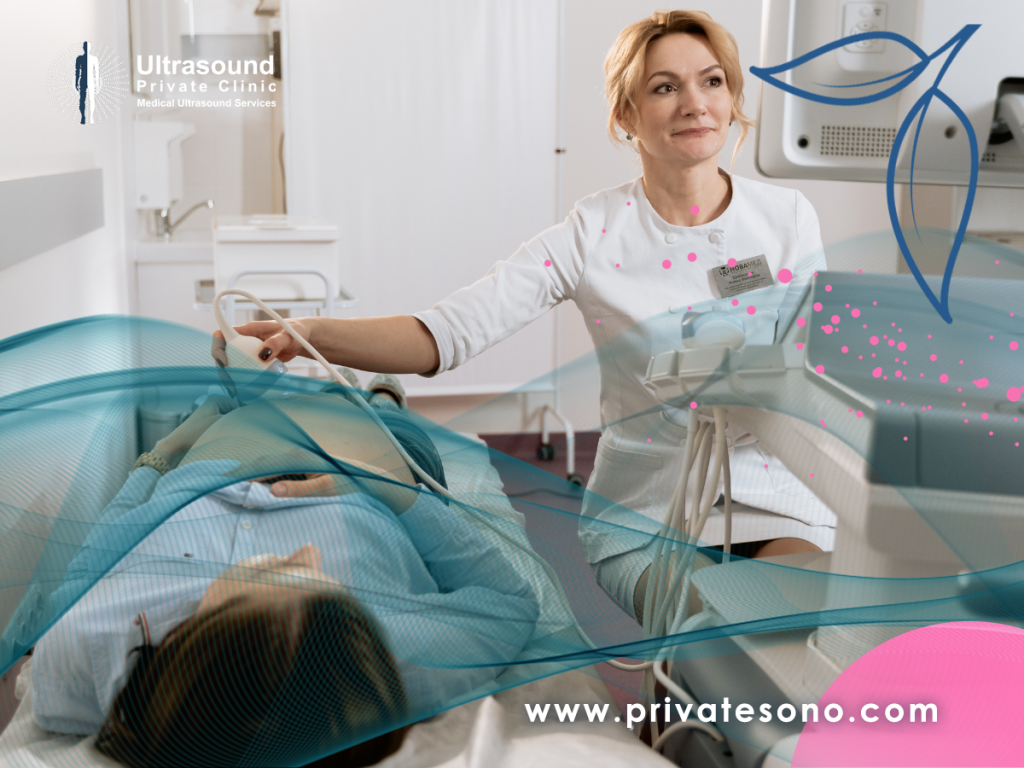When it comes to diagnosing herina, a scan is a crucial step in the process. However, it can be difficult to decide which type of scan is best for the job. Ultrasound and CT scans both have their own advantages and disadvantages, so it’s important to weigh up the pros and cons of each to decide which is best for your particular situation. In this blog, we’ll explore the differences between ultrasound and CT scans to help you make an informed decision.
What is a Hernia?
A hernia is a condition in which an organ or tissue protrudes through the muscles or tissues that normally contain it. Hernias are caused by a combination of factors, including age, genetics, and lifestyle. Common types of hernia include inguinal (groin) hernia, umbilical (belly button) hernia, and hiatal (diaphragm) hernia.
Advantages of Ultrasound Scan
Ultrasound scans are a type of imaging technique that uses high-frequency sound waves to create an image of your hernia. This non-invasive procedure is painless and is often the first choice of medical professionals when diagnosing hernia. Ultrasound scans are able to detect hernias quickly and accurately, making them an ideal choice for people who need a diagnosis as soon as possible. Ultrasound scans also have the added advantage of being lower in cost than CT scans.

Advantages of CT Scan
CT scans are a type of imaging technique that uses X-rays to create an image of your hernia. This procedure is more invasive than ultrasound scans, as it requires the patient to be exposed to radiation for a period of time. However, CT scans are able to provide detailed images of hernias, making them useful for diagnosing complex hernias. CT scans also have the advantage of being able to detect hernias in areas not accessible by ultrasound, such as the spine.
Conclusion:
When it comes to diagnosing hernia, both herina scan and CT scans have their own advantages and disadvantages. Ultrasound scans are quicker and cheaper than CT scans, but are not as detailed. CT scans are more expensive and invasive, but can provide more detailed images of hernia. Ultimately, the best choice for you will depend on your particular situation.

FAQs
Q. What is a hernia?
A. A hernia is a condition in which an organ or tissue protrudes through the muscles or tissues that normally contain it.
Q. What are the advantages of an ultrasound scan?
A. Ultrasound scans are a type of imaging technique that uses high-frequency sound waves to create an image of your hernia. This non-invasive procedure is painless and is often the first choice of medical professionals when diagnosing hernia. Ultrasound scans are able to detect hernias quickly and accurately, making them an ideal choice for people who need a diagnosis as soon as possible. Ultrasound scans also have the added advantage of being lower in cost than CT scans.
Q. What are the advantages of a CT scan?
A. CT scans are a type of imaging technique that uses X-rays to create an image of your hernia. This procedure is more invasive than ultrasound scans, as it requires the patient to be exposed to radiation for a period of time. However, CT scans are able to provide detailed images of hernias, making them useful for diagnosing complex hernias. CT scans also have the advantage of being able to detect hernias in areas not accessible by ultrasound, such as the spine.
Q. What is the best type of scan for hernia diagnosis?
A. The best type of scan for hernia diagnosis will depend on your particular situation. Ultrasound scans are quicker and cheaper than CT scans, but are not as detailed. CT scans are more expensive and invasive, but can provide more detailed images of hernia.
Q. Does an ultrasound scan require radiation?
A. No, ultrasound scans do not require radiation. They use high-frequency sound waves to create an image of your hernia.
Q. Is a CT scan more expensive than an ultrasound scan?
A. Yes, CT scans are generally more expensive than ultrasound scans.
Q. Does a CT scan provide more detailed images of hernia?
A. Yes, CT scans are able to provide more detailed images of hernias than ultrasound scans, making them useful for diagnosing complex hernias.
